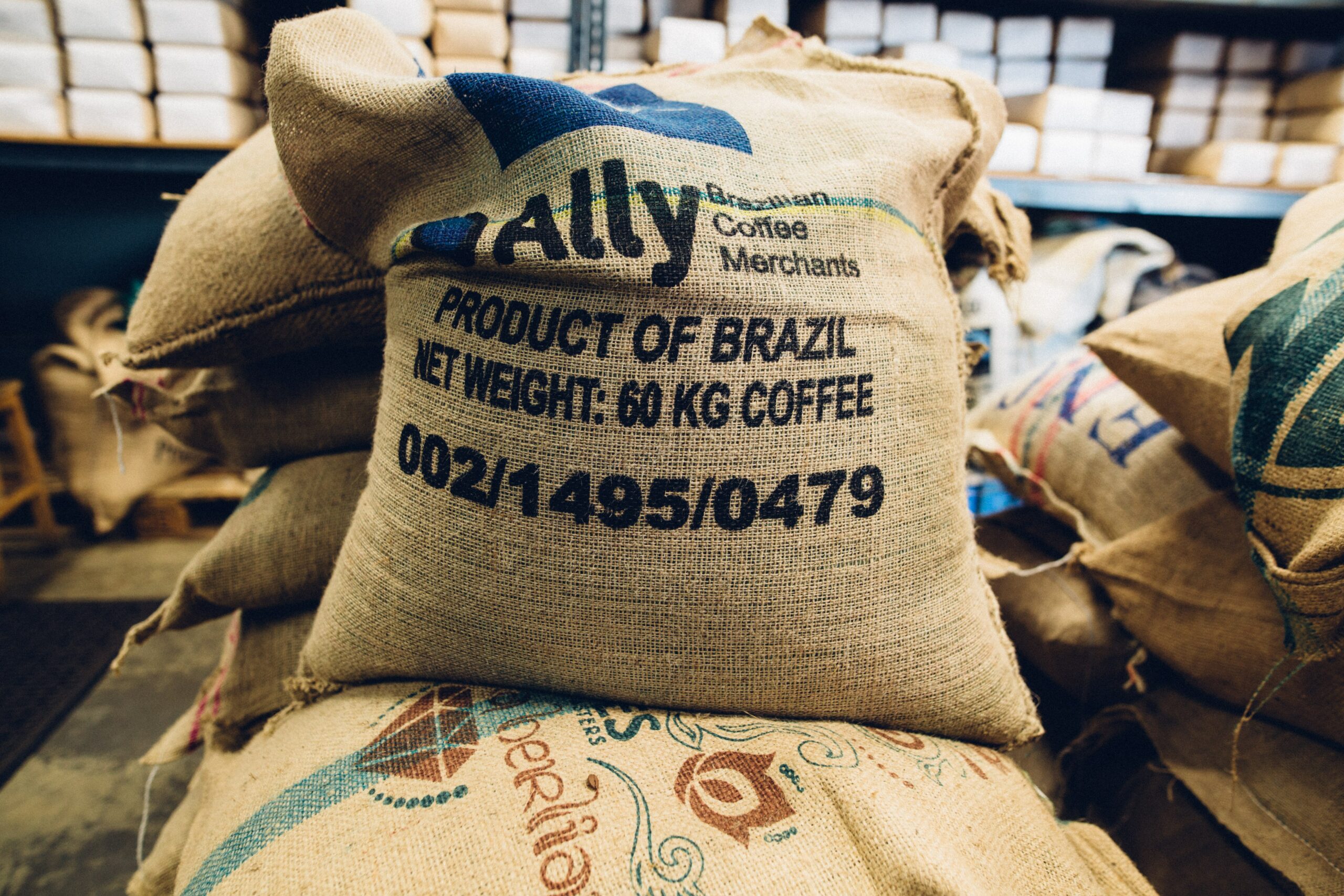
Work in the food industry? Here’s why you should invest in automated warehouse management
There’s a surprising amount of complexity that goes into getting food and beverages to where they need to be. All the processes, such as distribution, regulations and packaging, have become so heavily reliant on automation, minimising the chance of human error you found with a more manual approach. The importance of a functioning warehouse management system in this day and age cannot be stressed enough, and in this article, we’ll take you through the benefits of automated warehousing.
What is warehouse automation?
The whole premise of warehouse automation is to make your operations run as smoothly as possible without the need for any human intervention. The benefits of this are that it reduces the need for your team to input data manually and massively reduces any sort of physical work in general.
Of course, manual labour is still required in some areas, such as loading large products to be transported. But even then, autonomous mobility robots can move products around your warehouse with accuracy and precision – although automation for many businesses is not about self-sufficient robotics and more about substituting human labour for software. It’s still an example as to how automation can be of great help to businesses, especially if they operate in the food industry.
How does it work?
Using robotics and sensors, warehouses can implement effective automation set ups which complement the use of solutions such as inventory management software.
Warehouse automation is perfect for handling your business-critical processes, offering much needed help across the whole business with actions like collecting data, controlling inventory, and analysing data that will help then business moving forward. Warehouse automation effectively multitasks where humans can’t, interfacing with other solutions to solve multiple problems at once.
What are the benefits to businesses in the food industry?
With so many factors determining your success in the food and drink industry (for example how long you can hold on to perishable goods and consistent outbound deliveries to customers), the need for warehouse automation is always at an all-time high. Here are some other ways in which automated processes can be a valuable asset to your operations:
- Improved labour efficiency: The more efficient your warehouse becomes, the more orders you’ll be able to take on, increasing your capacity. In an automated warehouse, the software interface can control where robots take specific stock, subtracting the need for workers to carry the stock to the correct place themselves.
- Higher warehouse throughput: For those who receive an influx of orders for seasonal products, you need to plan ahead in anticipation of that popularity increase and make sure you have the resources required to cope. Identify the products you need with either a barcode or QR code to locate your stock immediately.
- Warehouse systems transparency: With an automated management system, you can pull up statistics on all areas of your operations to give a well-rounded outlook on performance. With this data, the software can make educated decisions when controlling movement of stock in the warehouse.
- Cost reduction: By handling logistics within the warehouse using an automated management system, you’re eliminating any unproductive labour and solving any complex processes you may encounter on a daily basis. Although there will be a cost to get the software implemented, it will save you time and money in the long run.
- Maximising storage volume: You can also add storage and retrieval solutions which can be integrated into your management software, giving you the option of storing goods in places that you couldn’t before. Space efficiency is massively important to those operating in the food industry, so it’s worth making the most of what you have.
What’s the verdict?
Managing perishable products with a limited shelf life is a tough task for any business, especially when it’s being completed manually. To set yourselves up for present and future orders, invest in a warehouse management system.
BlueHub is able to help businesses of all sizes integrate this sort of software into their processes, providing a range of services which can make your business more efficient and prepared to take more orders on. Explore our range of services which we can offer on our website.